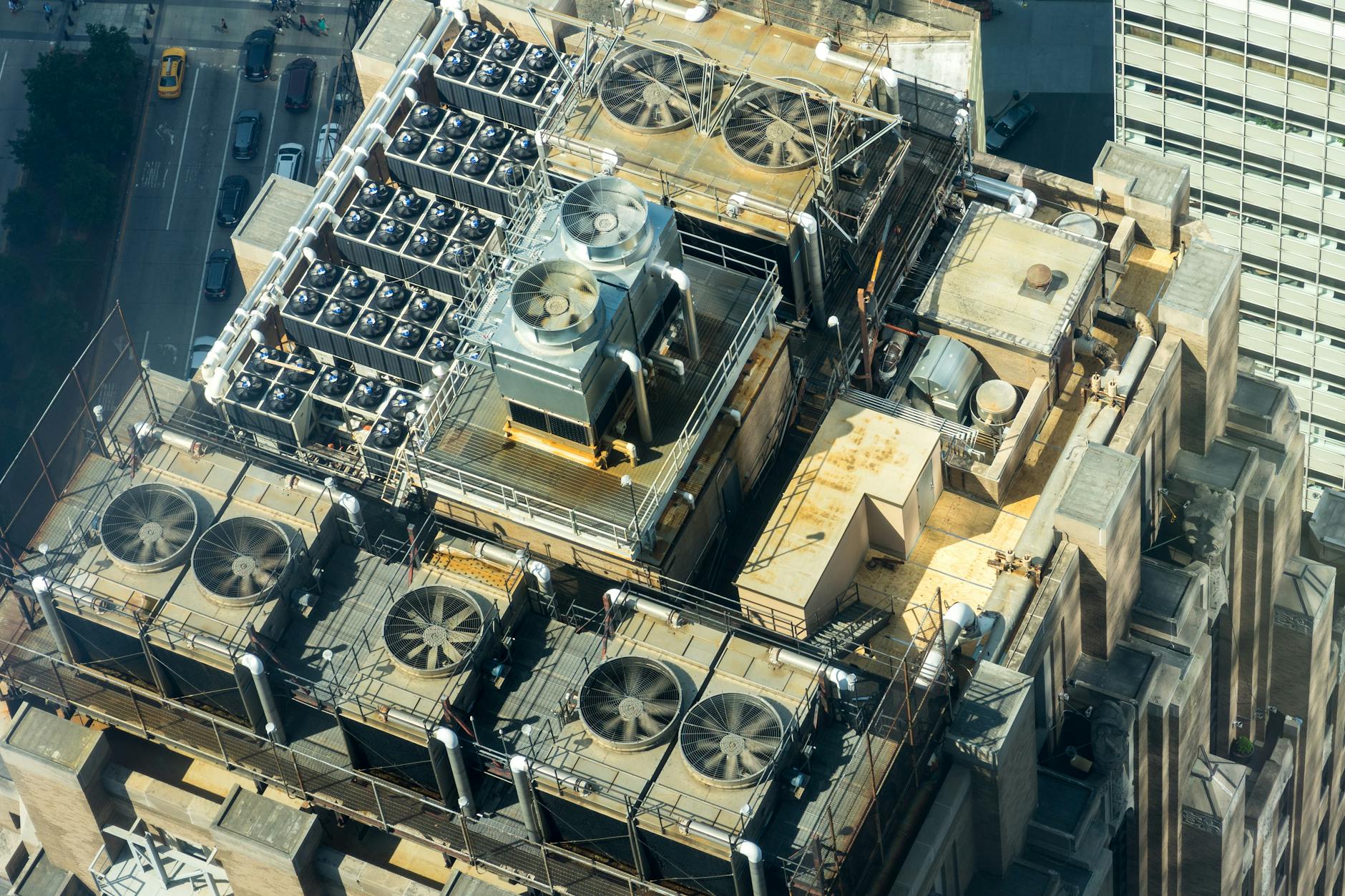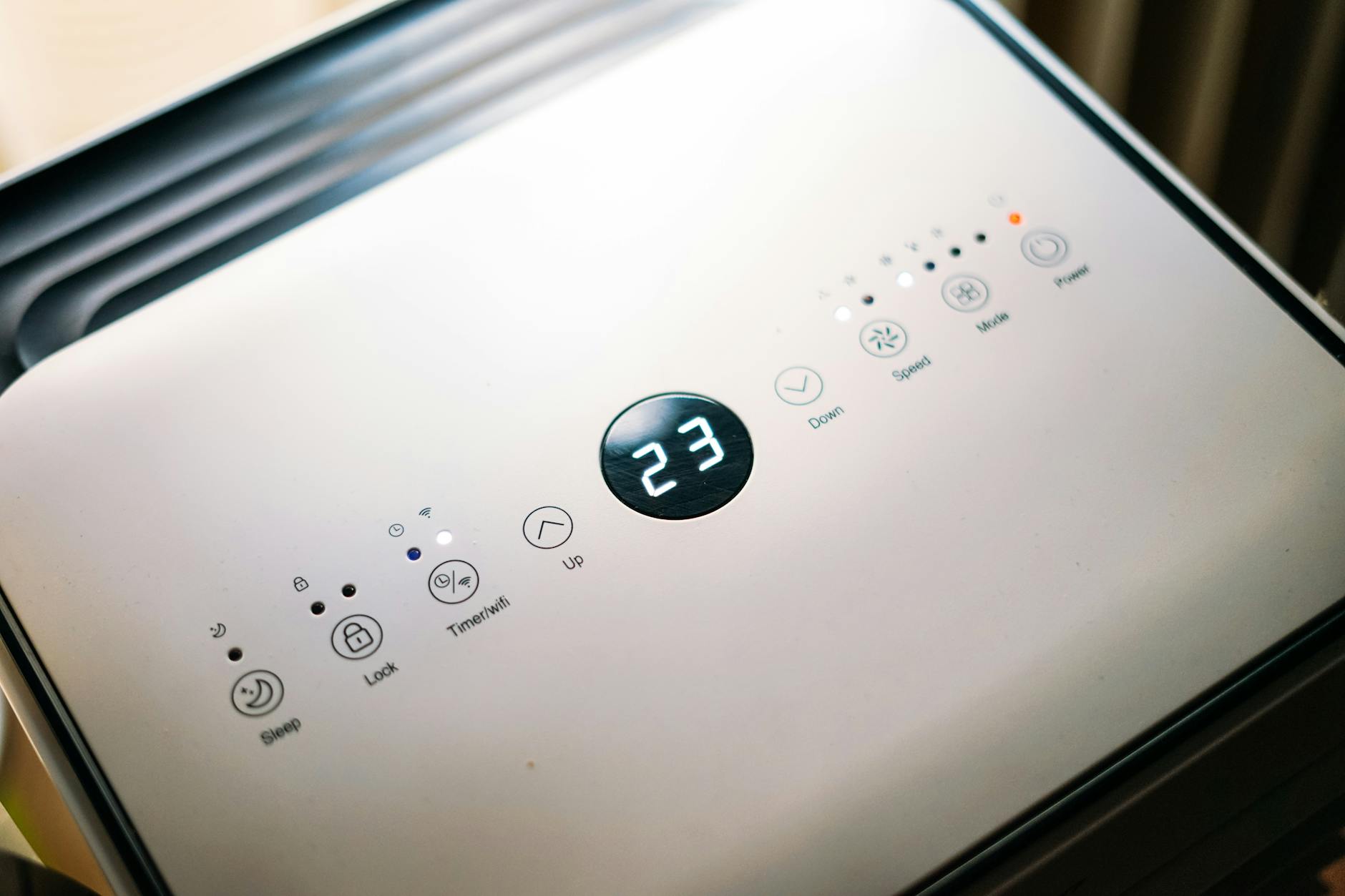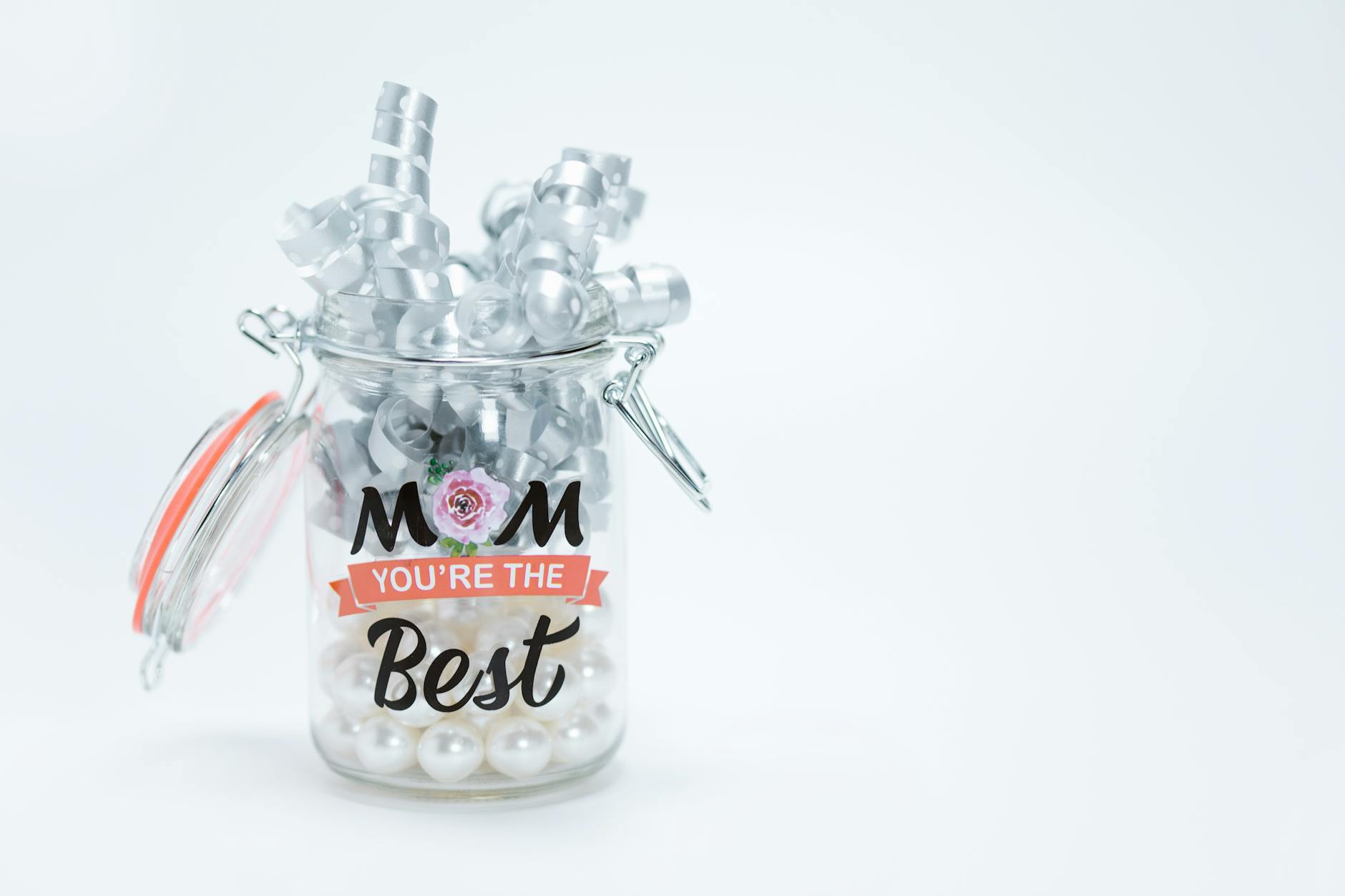Keeping your air conditioning unit running smoothly isn’t just about comfort; it’s about ensuring a healthy indoor environment. A well-maintained AC system prevents the growth of mold, mildew, and other harmful allergens. As a seasoned HVAC technician, I’ve seen firsthand the impact a healthy AC has on people’s well-being. This post shares my top three tips to help you achieve peak AC performance and a healthier home.
Regular Filter Changes: The Foundation of a Healthy AC
This might seem obvious, but changing your AC filter regularly is the single most important thing you can do. A clogged filter restricts airflow, forcing your unit to work harder, leading to reduced efficiency and potential damage. Plus, a dirty filter is a breeding ground for dust mites, mold, and other allergens that circulate throughout your home. Aim to replace your filter every 1-3 months, or more frequently if you have pets or allergies. 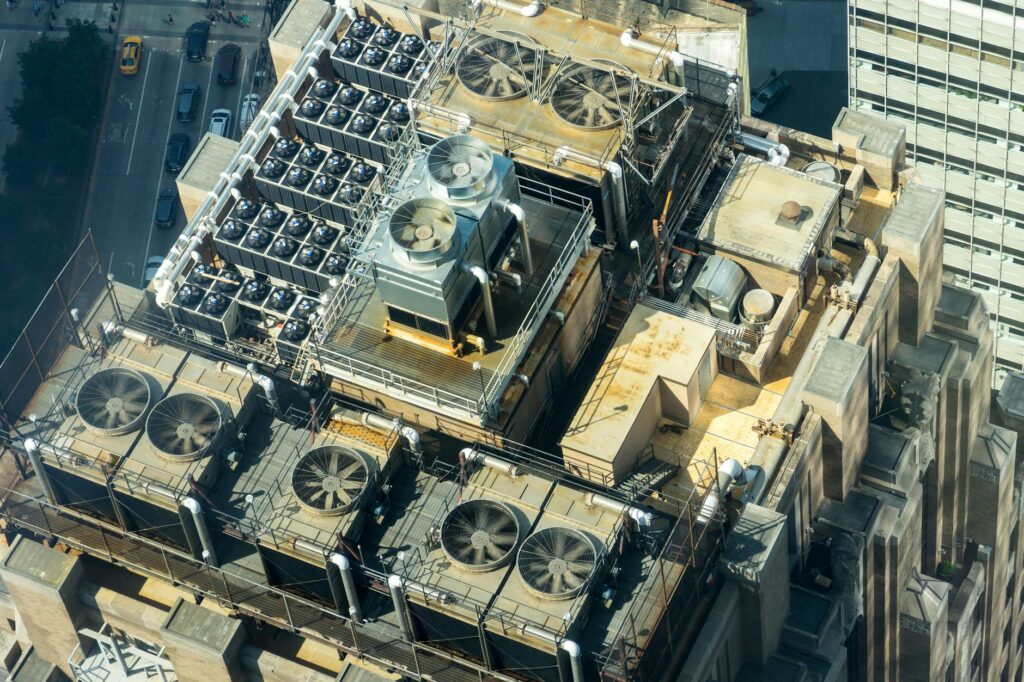 You can find a variety of filters at your local hardware store, or order online from a retailer like Amazon. Remember to check your specific AC unit’s manual for filter replacement instructions.
You can find a variety of filters at your local hardware store, or order online from a retailer like Amazon. Remember to check your specific AC unit’s manual for filter replacement instructions.
Professional AC Maintenance: Don’t Skip This Step
While changing filters is something you can easily do yourself, professional AC maintenance is crucial for long-term health and efficiency. A qualified technician can identify and address issues you might miss, such as refrigerant leaks, damaged components, or coil problems. A thorough inspection and cleaning will ensure optimal performance and prevent costly repairs down the line.  Consider scheduling annual maintenance in the spring, before the peak summer season, as recommended by the EPA. This preventative measure helps significantly extend the lifespan of your system.
Consider scheduling annual maintenance in the spring, before the peak summer season, as recommended by the EPA. This preventative measure helps significantly extend the lifespan of your system.
Keep the Outdoor Unit Clean: A Critical Component
Your outdoor AC unit is exposed to the elements – leaves, dirt, grass clippings, and other debris can accumulate, restricting airflow and reducing efficiency. Regularly cleaning the area around your outdoor unit, and gently removing any debris from the fins using a soft brush, makes a big difference. 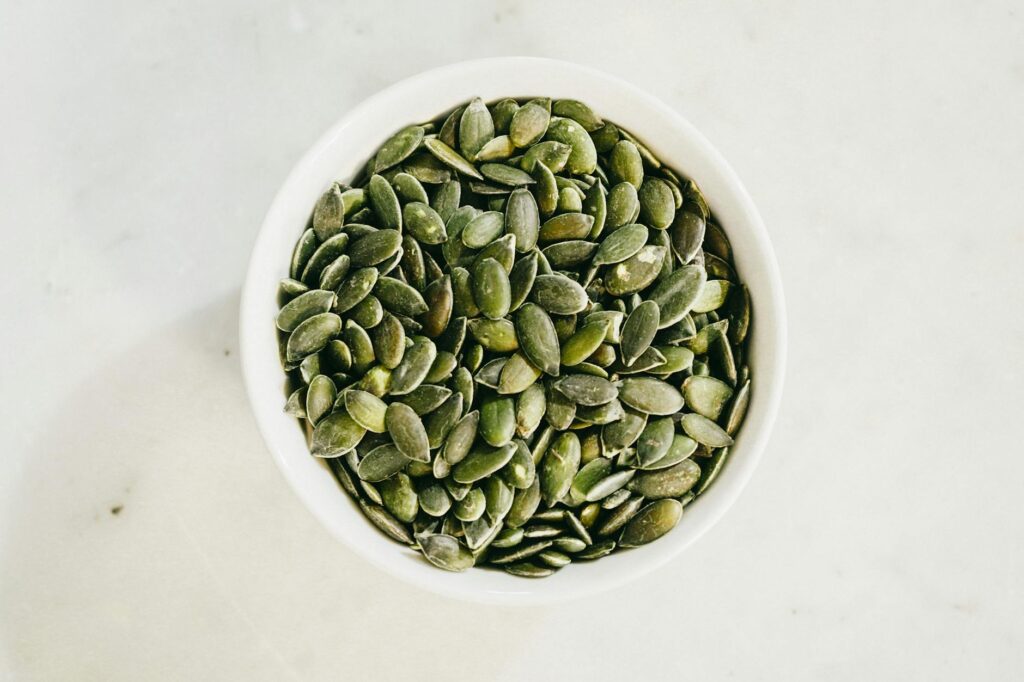 Avoid using high-pressure water, as it could damage the delicate components. For troubleshooting common AC problems, there are plenty of online resources available; however, always remember safety first, and don’t hesitate to call a professional if you feel uncomfortable working near your unit.
Avoid using high-pressure water, as it could damage the delicate components. For troubleshooting common AC problems, there are plenty of online resources available; however, always remember safety first, and don’t hesitate to call a professional if you feel uncomfortable working near your unit.
Understanding Your Thermostat
Your thermostat plays a critical role in your AC’s performance and energy consumption. Learn how to use your thermostat effectively – even something as simple as setting your thermostat a few degrees higher or using a programmable thermostat can increase efficiency and reduce your energy bills. Also, regular cleaning of your thermostat will ensure it’s providing accurate readings.
Improve Indoor Air Quality with an Air Purifier
While not directly related to your AC unit, investing in an air purifier can significantly improve the quality of air inside your home. Air purifiers remove allergens, pollutants, and other particles, creating a healthier and more comfortable indoor environment. Consider HEPA air purifiers for their excellent particle filtration. Consumer Reports has great resources on choosing the best air purifier for your needs.
Regular Inspections
Even if your AC seems to be working fine, conducting regular visual checks is important. Look out for any signs of leaks, unusual sounds, or any obvious damage. Regular vigilance can prevent many major problems down the road.
Conclusion
By following these three simple tips, you can significantly improve the health and efficiency of your AC system. Remember, a well-maintained AC unit is not only more comfortable but also contributes to a healthier indoor environment for you and your family. Prioritizing regular maintenance, both DIY and professional, is an investment in both your comfort and your well-being.
Frequently Asked Questions
What type of AC filter should I use? The best type of filter depends on your specific needs and preferences. Check your AC unit’s manual for recommendations, or consult with a qualified HVAC technician.
How often should I have my AC professionally serviced? It’s generally recommended to have your AC professionally serviced at least once a year, ideally in the spring.
What are the signs of a failing AC unit? Some common signs of a failing AC unit include unusual noises, weak airflow, refrigerant leaks, and higher energy bills.
Can I clean my outdoor unit myself? Yes, you can clean the outdoor unit yourself by carefully removing debris from the fins with a soft brush. However, avoid using high-pressure water.
How can I improve my AC’s energy efficiency? Improving efficiency can be achieved by using a programmable thermostat, cleaning filters regularly, and ensuring proper airflow.

